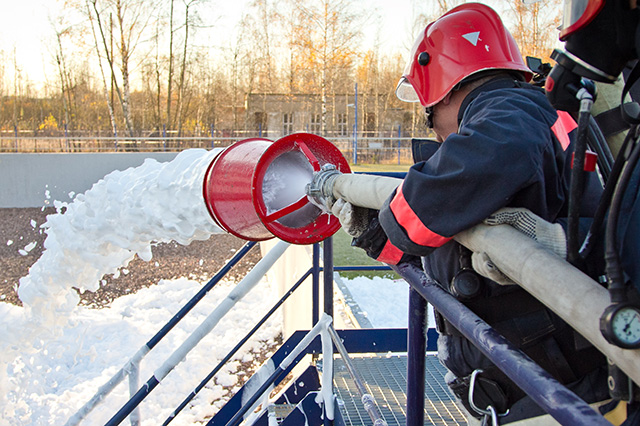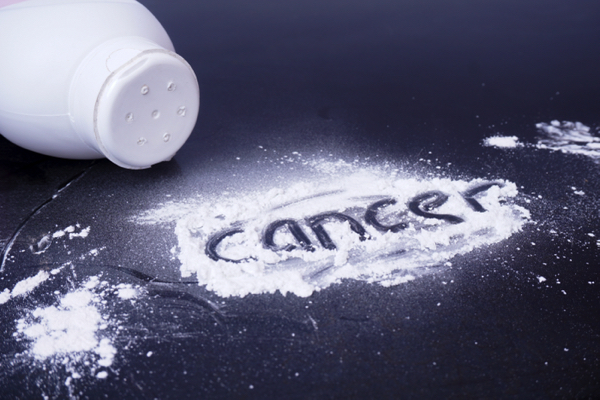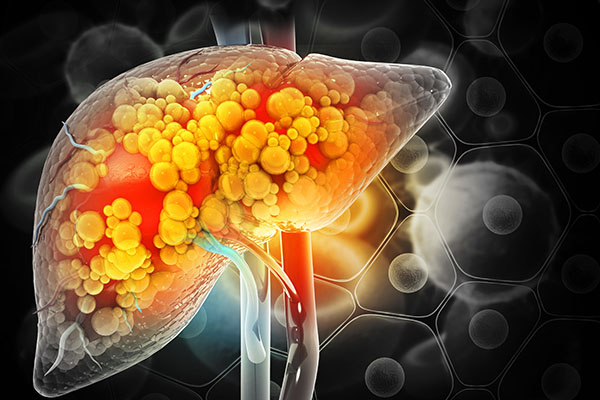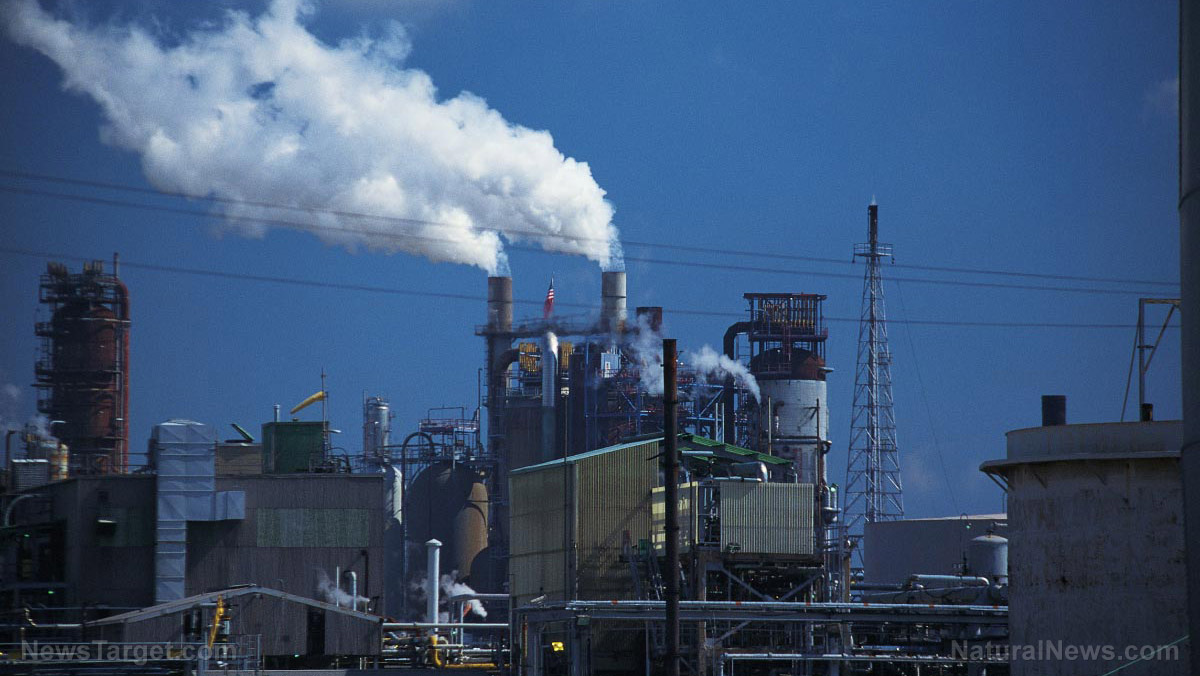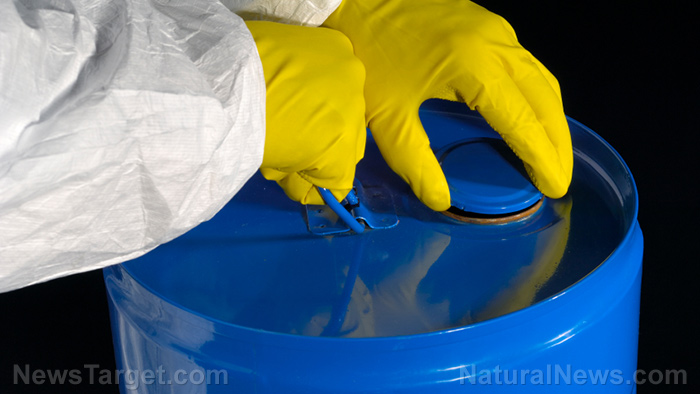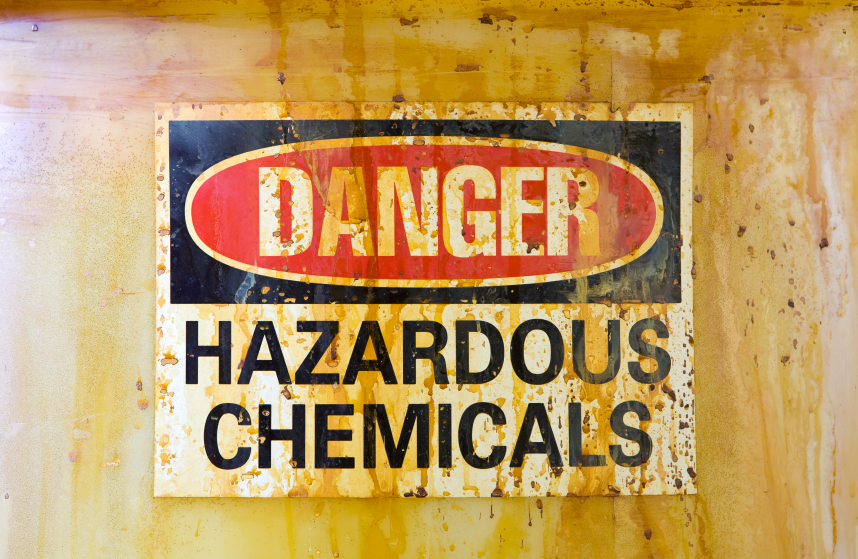CANCER FEARS EXPLODE as FDA Recalls Over Half a Million Bottles of Blood Pressure Pills Contaminated with Toxic Chemical
11/03/2025 / By S.D. Wells

More than half a million bottles of blood pressure medication have been urgently recalled in the United States following the discovery of contamination with nitrosamine impurities, toxic chemicals linked to cancer. The recall, involving Teva Pharmaceuticals USA and distributor Amerisource Health Services, affects over 580,000 bottles of prazosin hydrochloride — a commonly prescribed alpha-1 blocker used to treat high blood pressure under the brand names Minipress and Prazin.
- 580,000 Bottles Recalled Nationwide:
Teva Pharmaceuticals USA and Amerisource Health Services have voluntarily recalled over half a million bottles of prazosin hydrochloride—sold under brand names Minipress and Prazin—after testing revealed contamination with N-nitroso Prazosin impurity C, a potential cancer-causing chemical. - Cancer Concerns Over Nitrosamine Impurities:
The FDA warns that long-term exposure to nitrosamine compounds may increase the risk of liver, stomach, and lung cancers. These toxins form during drug manufacturing or storage. While animal studies show clear cancer links, human evidence remains limited. - Class II Recall and Health Guidance:
The FDA classified the recall as Class II, indicating a low but possible health risk. No illnesses have been reported. Officials urge patients not to abruptly stop taking the medication, as doing so may trigger dangerous spikes in blood pressure, chest pain, or heart complications. Patients should consult their doctors for safe alternatives or tapering plans. - Growing Pattern of Drug Safety Alerts:
This recall follows another recent FDA warning in which Ascend Laboratories pulled 140,000 bottles of atorvastatin (a statin drug) due to improper tablet dissolution. Experts note that such incidents highlight the urgent need for stricter quality control in pharmaceuticals, especially for medications used by millions of Americans managing chronic conditions like hypertension.
FDA Issues Urgent Recall of MORE Blood Pressure Medication Over Contamination With Cancer-Linked Toxin
Prazosin works by blocking alpha-1 adrenergic receptors, which relaxes blood vessel walls, improving blood flow and lowering blood pressure. It is a mainstay treatment for approximately 500,000 Americans. However, recent laboratory testing revealed the presence of N-nitroso Prazosin impurity C, a type of nitrosamine known to damage DNA and cause cancer in animal studies. While there is limited evidence of carcinogenicity in humans, the U.S. Food and Drug Administration (FDA) warns that long-term exposure above acceptable limits can increase cancer risk — particularly for liver, stomach, and lung tumors.
The recall covers 181,659 bottles of 1 mg, 291,512 bottles of 2 mg, and 107,673 bottles of 5 mg capsules distributed nationwide. The FDA has classified this as a Class II recall, which means exposure “may cause temporary or medically reversible adverse health consequences,” though the likelihood of serious harm is considered remote. So far, no illnesses or injuries have been reported.
Despite the scale of the recall, neither Teva Pharmaceuticals nor Amerisource Health Services has released a public statement or consumer guidance. Health experts caution patients not to stop taking prazosin abruptly, as doing so can lead to rebound hypertension, chest pain, or dangerously high heart rates — all of which can significantly raise the risk of heart attack and stroke. Instead, patients are urged to consult their healthcare providers for replacement prescriptions or safe tapering plans.
This latest action follows another high-profile medication recall just days earlier, when Ascend Laboratories pulled more than 140,000 bottles of atorvastatin calcium (a generic version of Lipitor) after concerns emerged that the tablets might not dissolve properly, potentially leading to inconsistent dosing. Together, these back-to-back recalls have raised concerns about quality control in pharmaceutical manufacturing and the stability of generic drugs stored under varying conditions.
Nitrosamine contamination has become a recurring problem in the global pharmaceutical supply chain in recent years. Similar impurities prompted large-scale recalls of medications such as valsartan, losartan, and metformin, leading regulators to tighten monitoring requirements for drug stability and chemical byproducts formed during production.
According to the FDA, nitrosamines can form when certain chemical reactions occur during drug synthesis or storage, especially in humid or high-temperature environments. Even trace amounts of these compounds are closely monitored, as chronic exposure — even at low doses — can be harmful. The agency continues to work with manufacturers to identify contamination sources and improve safety testing.
High blood pressure, or hypertension, remains one of the most prevalent chronic conditions in the U.S., affecting nearly half of all adults. If left untreated, it can cause stroke, heart failure, kidney disease, and premature death. The condition is often linked to lifestyle factors such as high sodium intake, poor diet, obesity, smoking, and lack of exercise, all of which strain the heart and blood vessels.
While alpha-1 blockers like prazosin effectively lower blood pressure, they have a complex clinical history. Studies have shown that although these medications reduce vascular resistance, they may stimulate the heart and increase norepinephrine levels, which can raise heart rate and fluid retention. Large-scale trials such as the ALLHAT study found that patients using alpha-blockers faced a higher risk of heart failure, prompting physicians to use them more selectively — often for benign prostatic hyperplasia (BPH) or as adjunct therapies rather than first-line blood pressure treatments.
The FDA encourages patients to check their medication bottles against the official recall notice available on its website or through their pharmacy. Anyone concerned about exposure should contact their physician or pharmacist immediately for guidance.
This latest incident underscores the fragile balance between drug safety, manufacturing oversight, and public trust. With hypertension affecting millions of Americans and drug recalls becoming increasingly frequent, the need for tighter regulatory scrutiny and greater transparency from pharmaceutical companies has never been more urgent.
Tune your internet dial to NaturalMedicine.news for more tips on how to use natural remedies for preventative medicine and for healing, instead of succumbing to Big Pharma products that cause, spread, and exacerbate disease and disorder, like blood pressure “meds.”
Sources for this article include:
Submit a correction >>
Tagged Under:
adrenergic receptors, alpha-1, big government, blood pressure, blood vessels, cancer, FDA, heart attack, heart health, medication recall, prazosin, recall
This article may contain statements that reflect the opinion of the author







